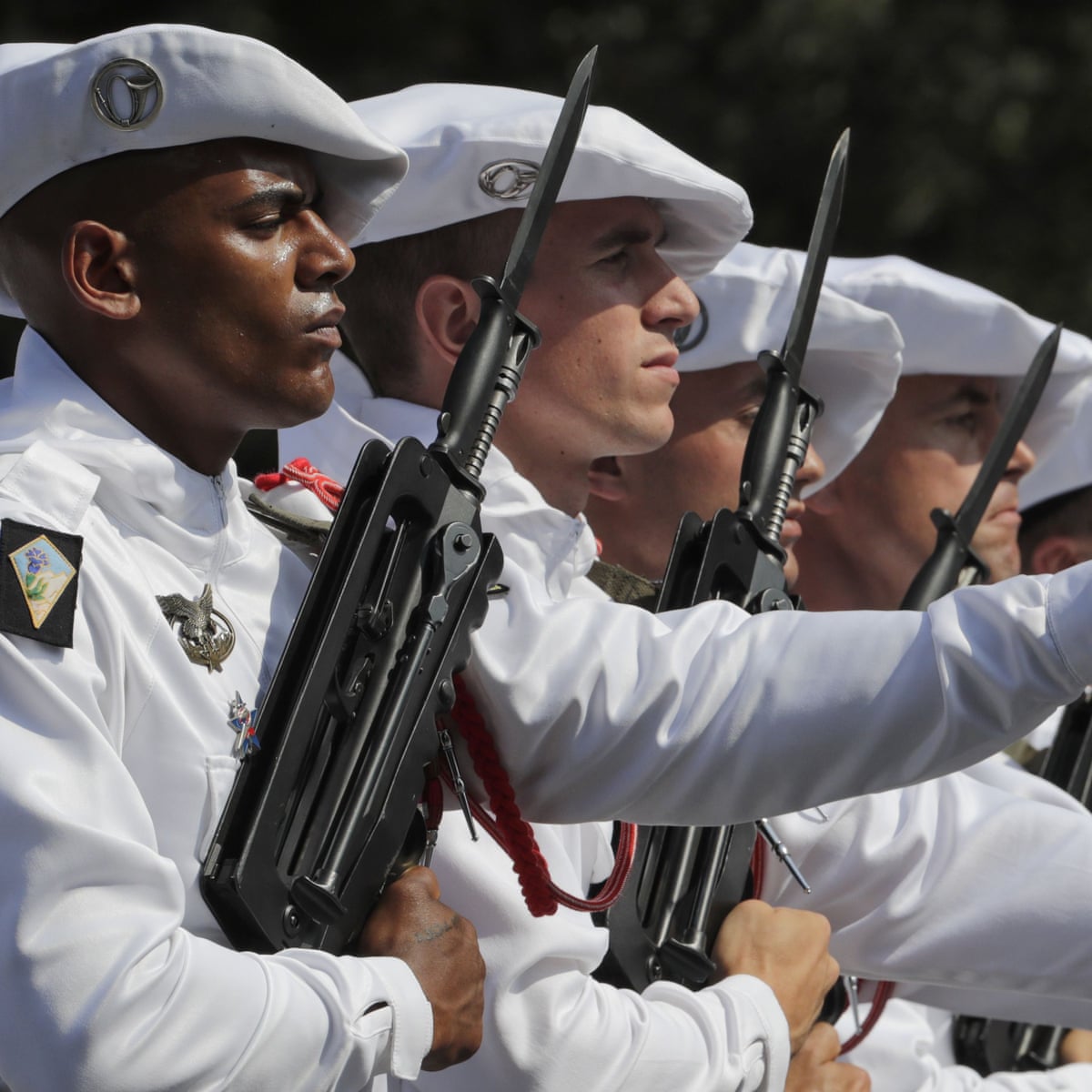Militaries In Europe - Although there is no EU military and defense remains an exclusive matter for member states, the EU has recently taken important steps to promote defense cooperation.
Since 2016, significant progress has been made in the field of security and defense of the European Union, fostering cooperation with a number of strong EU initiatives and strengthening Europe's ability to defend itself. Read an overview of the latest developments.
Militaries In Europe

Europeans expect the European Union to guarantee security and peace. Three quarters (75%) are in favor of a common EU defense and security policy and a majority (55%) are in favor of the creation of an EU army, according to a special Eurobarometer on security and defense in 2017. Recently, 68% of Europeans said they wanted the EU to do more on defense (March 2018 Eurobarometer survey).
United States European Command
EU leaders recognize that no EU country can tackle today's security threats in isolation. For example, French President Macron called for a joint European military project in 2017, while German Chancellor Merkel said in her speech to the European Parliament in November 2018: "We must one day work towards the creation of a proper European army". Building a security and defense union is one of the priorities of the Van der Leyen Commission.
A common defense policy of the European Union is foreseen by the Treaty of Lisbon (Article 42, paragraph 2, TEU). However, the agreement also clearly indicates the importance of national defense policy, including NATO membership or neutrality.
In recent years, the EU has started to implement incentive initiatives to provide more resources, promote efficiency, facilitate cooperation and build capacity:
At the NATO Wales summit in 2014, EU member states pledged to spend 2% of their gross domestic product (GDP) on defense by 2024. The European Parliament called to the member states that act in this regard.
German Army To Be Largest In Europe As Scholz Vows Kyiv Support 'as Long As Necessary'
NATO estimates 2019 show that only five EU countries (Greece, Estonia, Latvia, Poland and Lithuania) spend more than 2% of their GDP on defence.
However, building up the EU's defense is not only about spending more, but also about spending effectively. EU countries are collectively the second largest defense spenders in the world after the US, but an estimated €26.4 billion is wasted each year due to bilateral, overcapacity and procurement bottlenecks . As a result, Europe uses six times more defense systems than the United States. This is where the EU can offer countries the conditions for greater cooperation.
If Europe is to compete globally, it will need to pool and integrate its best capabilities because by 2025 China is expected to become the world's second largest defense spender after the US.

The European Parliament has repeatedly called for the possible use of the provisions of the Treaty of Lisbon to work towards a European Defense Union. He consistently advocates for greater cooperation, greater investment and the pooling of resources to create coordination at EU level to better protect Europeans.
Army Fields First New Air Defense Strykers In Europe
In addition to practical challenges, the EU must reconcile different traditions and different strategic cultures. Parliament believes that the European Union Defense White Paper will be a useful way of doing this and will promote the development of future EU defense policy.
Post A Comment:
0 comments so far,add yours